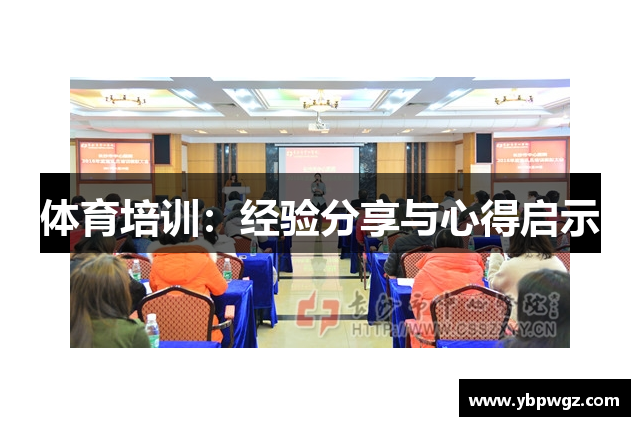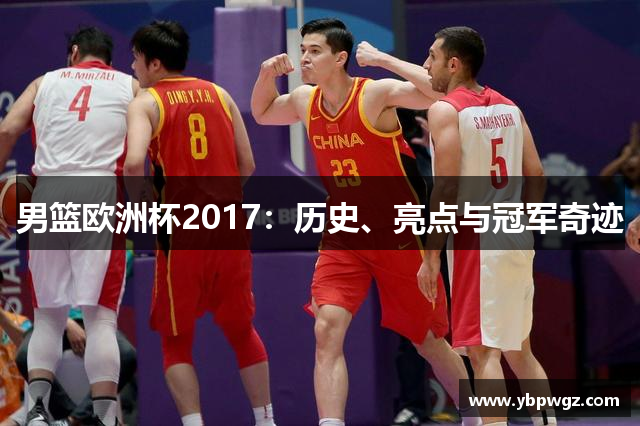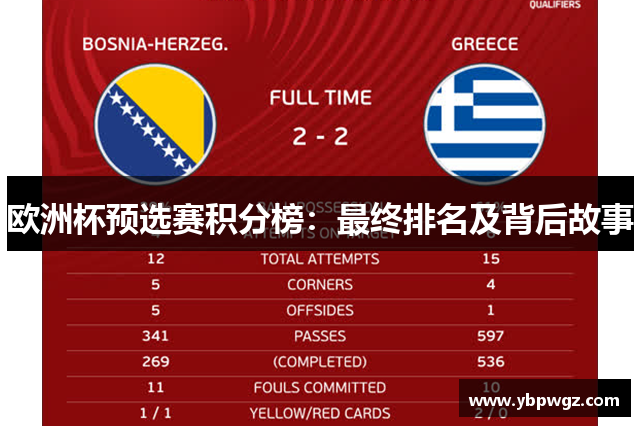Article Abstract: The English Football League Managers Association (EFLMA) plays a pivotal role in fostering communication and collaboration within the realm of English football. Through various initiatives and platforms, it serves as a catalyst for enhancing the exchange of ideas and cooperation among coaches. This article delves into four key aspects where the EFLMA excels in promoting communication and collaboration, namely, Professional Development Programs, Networking Events, Knowledge Sharing Platforms, and Collective Bargaining Initiatives.
1、Professional Development Programs
The EFLMA offers an array of professional development programs tailored to the specific needs of football coaches. These programs encompass a wide range of topics, including tactical strategies, player management, sports psychology, and leadership skills. By providing access to renowned experts and resources, these programs empower coaches to enhance their competencies and stay abreast of industry trends.
Moreover, the EFLMA organizes workshops, seminars, and coaching clinics where coaches can engage in hands-on learning experiences and exchange insights with their peers. Through these programs, the association cultivates a culture of continuous learning and improvement among its members.
Furthermore, the EFLMA collaborates with educational institutions and professional bodies to offer accredited courses and certifications, thereby ensuring that coaches receive recognized qualifications that augment their professional credentials.
2、Networking Events
Networking events serve as invaluable platforms for coaches to forge connections, share experiences, and build mutually beneficial relationships. The EFLMA hosts various networking events throughout the year, including conferences, symposiums, and social gatherings.
These events bring together coaches from diverse backgrounds and levels of experience, facilitating meaningful interactions and fostering a sense of community within the coaching fraternity. By creating opportunities for networking and relationship-building, the EFLMA strengthens the bonds among coaches and promotes collaboration across different clubs and leagues.
Furthermore, the EFLMA leverages technology to extend the reach of its networking events, organizing virtual conferences and webinars that enable coaches to participate remotely and connect with their peers from around the world.
3、Knowledge Sharing Platforms
The EFLMA operates various knowledge sharing platforms designed to facilitate the exchange of ideas, best practices, and insights among coaches. These platforms encompass online forums, discussion groups, and collaborative projects.
Through these platforms, coaches can engage in vibrant discussions, seek advice from their colleagues, and share their expertise on a wide range of football-related topics. The EFLMA fosters a culture of openness and collaboration, where coaches feel empowered to contribute to the collective knowledge base and learn from each other's experiences.
Moreover, the EFLMA curates and disseminates educational resources, including articles, research papers, and case studies, to its members, enabling them to access valuable insights and stay informed about the latest developments in the field of football coaching.
4、Collective Bargaining Initiatives
The EFLMA plays a pivotal role in representing the interests of football coaches in collective bargaining negotiations with league authorities and club owners. Through collective bargaining initiatives, the association seeks to safeguard the rights and welfare of coaches, including issues related to contracts, compensation, and working conditions.
By bargaining collectively, coaches can leverage their collective strength and bargaining power to negotiate favorable terms and conditions. The EFLMA advocates for fair and equitable treatment of coaches, ensuring that they receive the recognition, support, and remuneration commensurate with their contributions to the sport.
Furthermore, the EFLMA collaborates with other stakeholders, including players' unions and league associations, to address broader issues affecting the football industry and advocate for positive change.
金年会金字招牌
Conclusion:
In conclusion, the English Football League Managers Association (EFLMA) serves as a driving force behind the promotion of communication and collaboration within the English football landscape. Through its professional development programs, networking events, knowledge sharing platforms, and collective bargaining initiatives, the EFLMA empowers coaches to thrive in their roles, advance their careers, and contribute to the growth and success of the sport.
The association's commitment to fostering a culture of learning, sharing, and solidarity among coaches is instrumental in elevating the standards of coaching excellence and driving positive outcomes for the football community as a whole.




